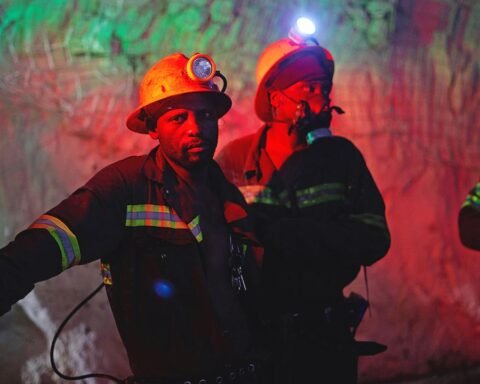Prime Minister Kassim Majaliwa has directed operators of the second phase of the Bus Rapid Transit (BRT) project in Dar es Salaam to work around the clock to ensure all remaining infrastructure is completed without delay, paving the way for immediate service launch.
Majaliwa issued the order yesterday while inspecting 99 newly arrived buses intended for the project. His tour covered key infrastructure points, including the Mbagala Rangi Tatu main station and the Gerezani bus stop. He also assessed progress at a new Compressed Natural Gas (CNG) refuelling facility being built at Mbagala Rangi Tatu to serve the incoming fleet.
Speaking after the inspection, Majaliwa emphasised that the BRT expansion was a critical investment for easing urban congestion and improving public mobility. “We cannot afford delays. This phase must start serving the public as soon as possible. Operators must coordinate closely and complete the pending works on time,” he said.
The Prime Minister also instructed port operators to fast-track customs clearance for additional buses yet to arrive, warning that any hold-ups would impact the planned rollout schedule.
Also Read; Africa Emerges as Leader in HIV Research
In addition to infrastructure readiness, Majaliwa stressed the need to adopt modern operational systems. He urged the implementation of electronic ticketing to improve revenue transparency and efficiency. He also encouraged Tanzanians to take advantage of the job opportunities created by the expansion—ranging from bus drivers to station attendants—and called on applicants to seek training from the National Institute of Transport to meet required standards.
Phase Two of the BRT network spans about 20.3 kilometres from Mbagala to Gerezani along Kilwa Road. The new buses, some of which are articulated 18-metre models, will run on cleaner CNG fuel, supporting the government’s push for greener, more sustainable urban transport. Once fully operational, this phase will deploy a total of 255 buses, with the remainder expected to arrive in the coming weeks.
Authorities have set a completion target before September 1, 2025. If achieved, the launch will mark a significant milestone in Dar es Salaam’s modern transport journey, promising faster commutes, reduced emissions, and improved service reliability for thousands of daily passengers.







